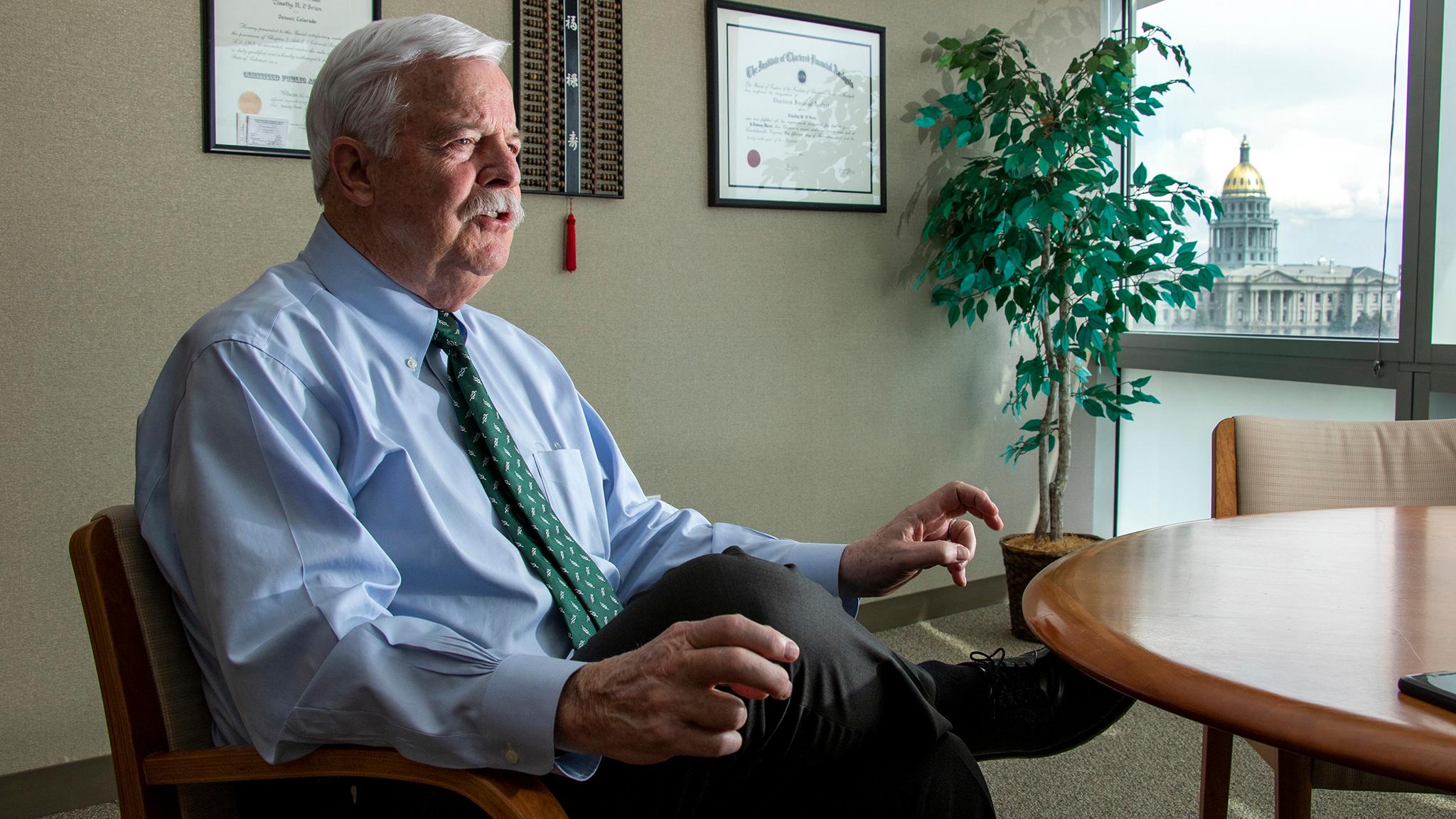Denver's minimum wage will go up again on New Year's Day, and the Auditor's Office is bracing for fresh investigations of companies that don't pay.
The city's minimum wage has been steadily rising since City Council passed an ordinance back in 2019.
In 2022, it's $15.87, but starting on New Year's Day, it will go up nearly 9% to $17.29.
In Denver, the amount minimum-wage rises is set by the Department of Finance and is based on the Consumer Price Index.
Though $17.29 will be the minimum wage, it's not a livable wage, and workers will need extra support to survive in the city that has seen a rising cost of living.
At $17.29 an hour, if employees work 40 hours a week for 52 weeks a year, they will earn less than 43% of the area median income. That means they will qualify for income-restricted housing for low-income workers and other subsidies. Taxpayers will subsidize the difference between what employers pay and what employees need to survive.
Still, Denver's minimum wage is higher than Colorado's. The statewide minimum-wage will rise from $12.56 per hour to $13.65 per hour. Nearby cities like Fort Collins have recently voted down municipal minimum wage hikes.
Federally speaking, minimum wage has been $7.25 since 2009. Nationwide, 27 states will see the rate go up at some point in 2023.
But just because Denver workers are supposed to receive more money doesn't mean they will.
Denver Auditor Tim O'Brien cautions workers to keep an eye on their income to make sure they receive the bump. Employers, too, should do their part to ensure they're in compliance with the rules.
"It's time for employers to update their payrolls and workers to watch their paychecks," Auditor O'Brien said in a statement. "The start of the year is the time of highest risk of minimum wage underpayments because of the increasing rate, so it is important to get the word out now."
What happens if you make minimum wage and don't receive a pay bump?
Denver Labor, a team in the auditor's office, investigates and forces companies to pay. This year, the team recovered more than $1.1 million under the city rules.
The auditor's office will investigate every complaint -- and then some. The ordinance allows the auditor to visit any work site where people are making minimum wage and investigate regardless of whether grievances have been filed.
Who's under scrutiny? Every employer paying minimum wage.
Last year, companies investigated included national brands, restaurants, home-care services, salons and valet parking companies, along with businesses located along the city's boundaries.
Some businesses didn't realize they were located in the city. Others failed to pay the city's minimum wage based on where the company was headquartered rather than the work site.
Audits shouldn't be a surprise.
Following the rules is a requirement of doing business. And there are plenty of ways companies can learn the rules.
Denver Labor educates both workers and employers through Wage Wednesday events on Facebook. The information is also available online.
"Denver's wage ordinances protect vulnerable, marginalized, and undocumented workers," said Denver Labor Executive Director Jeff Garcia, in a statement. "In the past year, our team has been able to work successfully with community groups, consulates, employers, and labor groups to get the word out about worker rights and business requirements."
The auditor's position is up for grabs in the 2023 municipal election. This wage recovery program will be a likely talking point, though how much it will distinguish the candidates is up for debate. Both Garcia and O'Brien have announced their candidacy for the position, and Erik Clarke is also in the race.
Correction: The new minimum wage will be $17.29, not $17.27. We regret the error.











